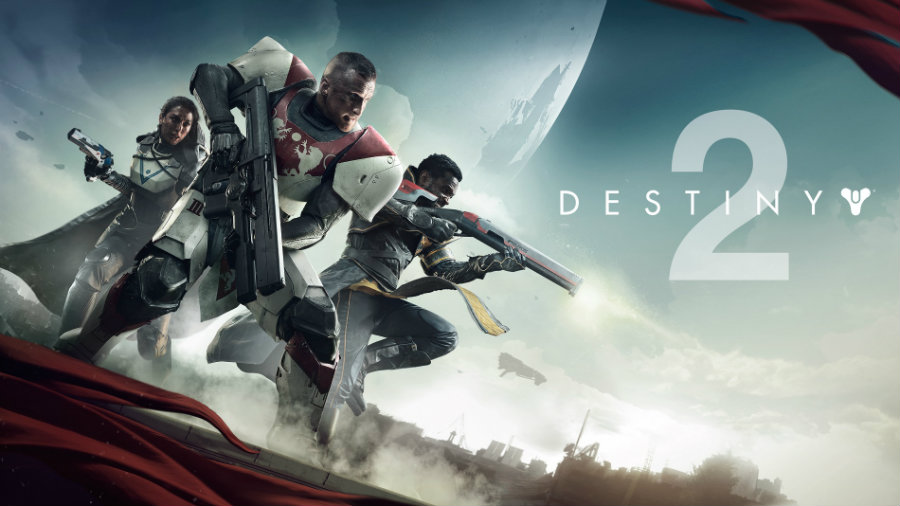After its third game that didn’t cause much furor within the public, Bungie has released the prequel of one of its most famous games: Destiny 2. The online service video game is only available just in a few countries, but people will soon be able to play it worldwide.
Bungie released Destiny worldwide on September 9, 2014. The following year, it released Destiny: The Taken King on September 15, 2015, and Destiny: The Rise of the Iron on September 20, 2016 – all three of them available for computer, Xbox, and PlayStation. Three years later, after three other titles related with the first Destiny, the American video games developer has finally released such a desired game.

Since the game has just been launched in few parts of the world, there are not many reviews of it. Some of them are still in progress, and others agree the game is really promising, although it’s very similar to the first Destiny.
Americans and Europeans reviewers agreed that older players feel fully attached to all the Destiny sequel, which might be the reason why Bungie decided to make such game so-similar to the first edition. However, those same players who have spent dozens or hundreds of hours playing since the first Destiny might feel a little bit upset due to the lack of new things Destiny 2 presents.
“We’ve joked internally about Destiny 1 being this game where you open it up and inside there’s a DVD, and right next to it is a wedding ring,” said Mark Noseworthy, the project lead on the game’s sequel, Destiny 2, before the game’s launch “You felt: ‘Wow, I’ve really got to commit to this thing, and I can’t play anything else.’”
The thematic of the game
Destiny consists of a hero that arrives in the Solar System with feats of magic given by a huge alien with the shape of a moon, known as the Traveler. This hero, who is controlled by the player, seeks to save the humanity from an evil force known as the Darkness. The antagonist wants to destroy the Traveler, which has given its best fight against the evil force in many multi-planetary wars.
The thematic of the game was first seen as a cliché: The Light vs. The Darkness, a catastrophic force that ended humanity in its best moment, etc. According to game director Luke Smith, Bungie didn’t know what The Darkness was supposed to be, so it changed it by a militaristic Cabal leader named the Red Legion’s Dominus Ghaul, who wants to take away the Traveler’s magic.
The game begins with Dominus Ghaul taking away the hero’s light, and reviewers agree this is one of the biggest narrative scenes that Bungie has given to the public.
“However, what’s remarkable about the structure of Destiny 2 – aside from it having a real central plot – is that it achieves what the first Destiny tried but ultimately failed to do: it gives the player freedom. Yes, there’s some linearity to the Red War missions and the order in which the destinations are introduced–but you can spend the bulk of your time wherever you’re most comfortable, where you find combat encounters most fulfilling, or where the rewards on offer are most appealing to you,” said Alex Kane from the Rolling Stones.
https://youtu.be/Z8RMuck5eaw
Source: The Verge
